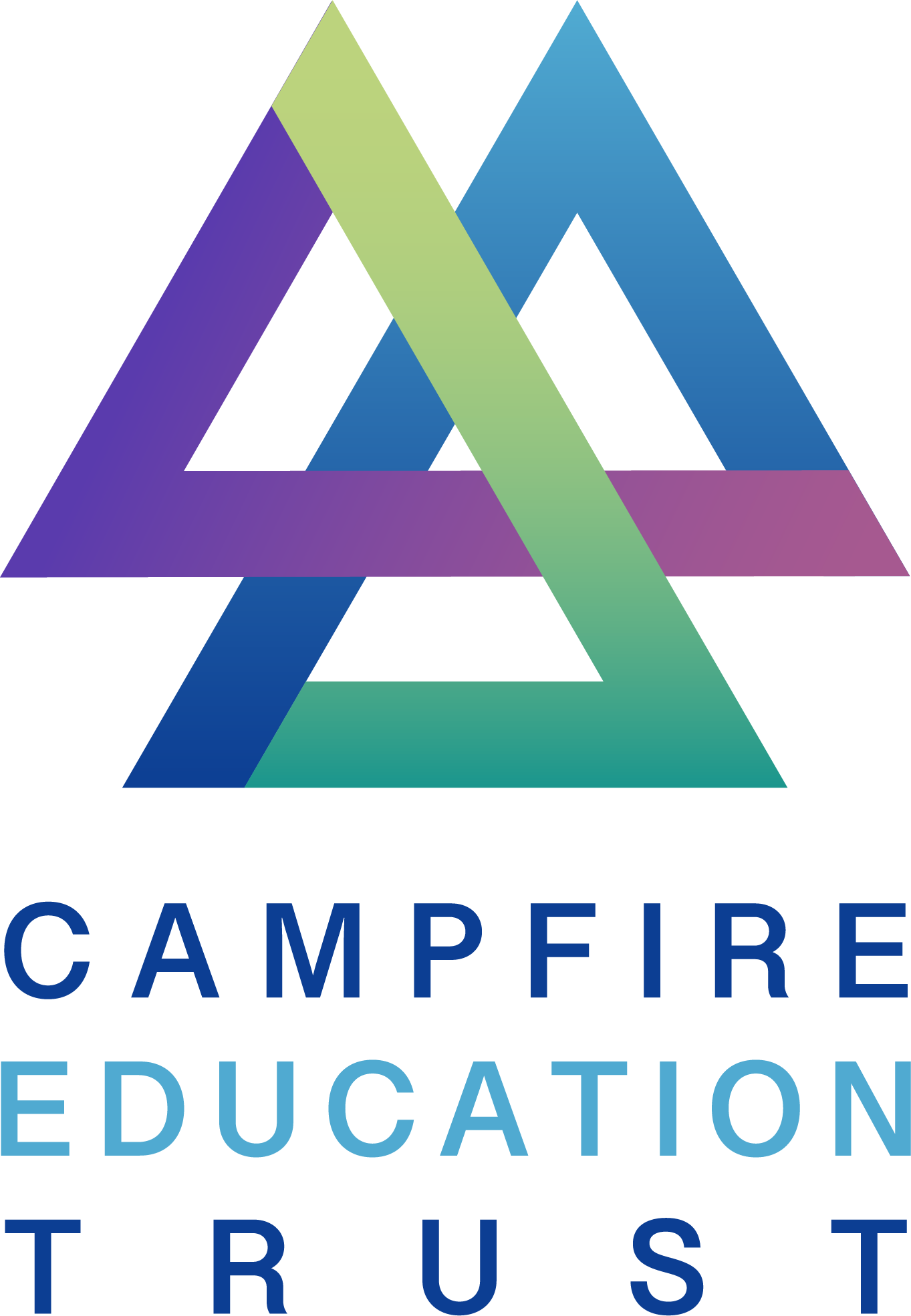Science
List of services
-
IntentList Item 1
At Spring Lane, science is taught through hands-on, enquiry-based learning that sparks curiosity and builds understanding of the world. Rooted in our principles of relevance, experiences, and collaboration, our science curriculum connects new knowledge to children’s lives—making learning meaningful and accessible. From exploring local habitats in Spring Boroughs to investigating materials through real-world challenges, pupils engage in practical experiences that deepen understanding and promote long-term retention. collaborative investigations help pupils develop as expert learners and effective communicators, as they question, predict, observe, and draw conclusions together. Through purposeful exploration and reflection, children grow as aspirational thinkers and caring citizens—learning how science shapes our lives and how they can help shape a better future.
-
ImplementationList Item 2
At Spring Lane, science is implemented through hands-on Learning Quests that ignite curiosity and build a deep understanding of the natural and physical world. Guided by our principles of relevance, we connect scientific concepts to everyday life, the local environment of Spring Boroughs, and global issues—helping children see science as meaningful and purposeful. Through rich experiences such as investigations, outdoor learning, and visits from experts, pupils explore, test, and discover, making memorable links that secure knowledge and understanding. Collaboration is central, with children working together to ask questions, share ideas, and carry out enquiries—developing not only their scientific thinking, but also their skills as Effective Communicators, Expert Learners, and Caring Citizens ready to explore and protect the world around them.
-
Impact
The impact of our science curriculum at Spring Lane is seen in curious, confident learners who think critically about the world around them. Children ask meaningful scientific questions, carry out investigations, and use evidence to explain how and why things happen. Learning is rooted in relevance—children explore science through hands-on experiences and real-life contexts that connect to their lives and environment, from exploring seasonal changes in Spring Boroughs to investigating how forces affect everyday objects. These immersive experiences ensure that scientific knowledge is remembered and applied meaningfully. Through collaboration, children learn to communicate observations, test ideas, and challenge each other’s thinking—building resilience, independence, and responsibility as future problem-solvers and global citizens.
Pupils’ scientific knowledge and disciplinary thinking are assessed using the following:
● Retrieval practice at the start of each lesson to reinforce key knowledge.
● Formative assessment through targeted questioning, observation, and live feedback.
● Pupil voice to show how confidently children can talk about what they’ve learned and apply it.
● Summative assessments linked to key scientific questions or end-of-unit investigations.


